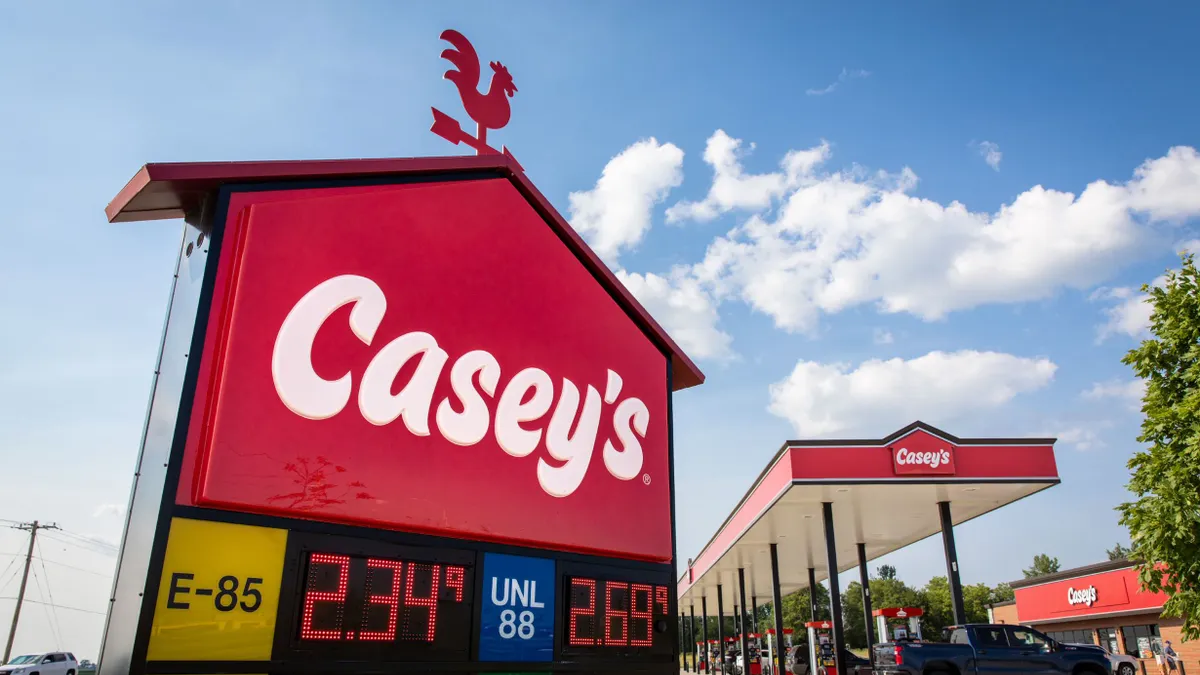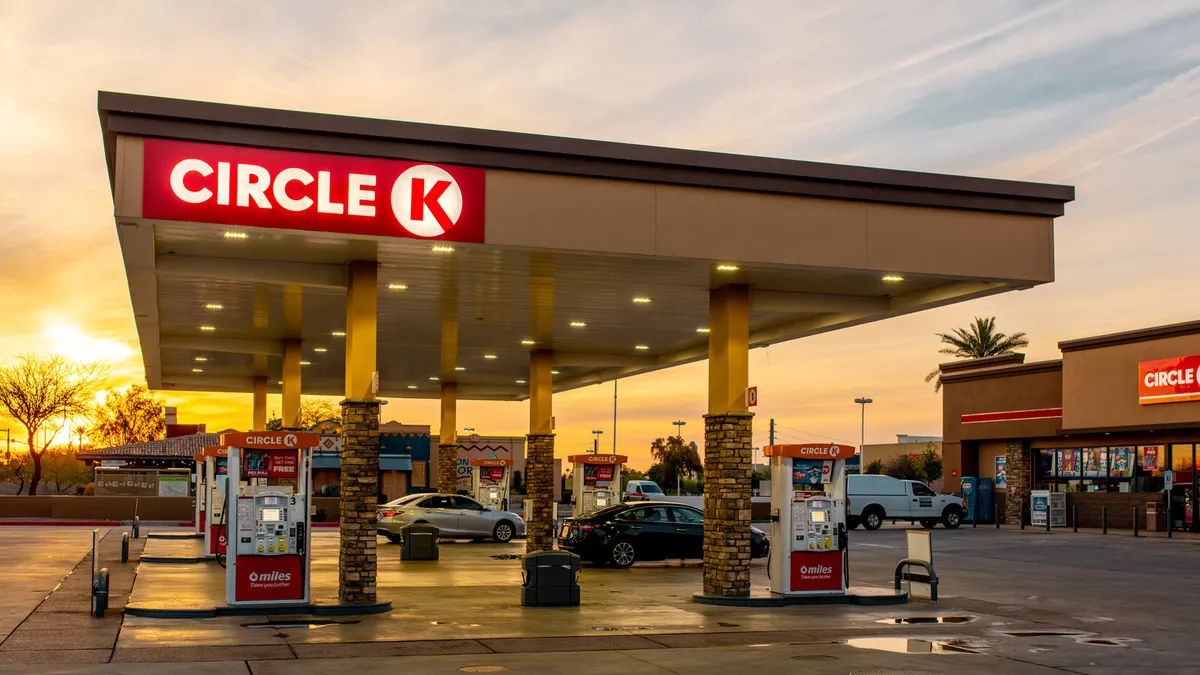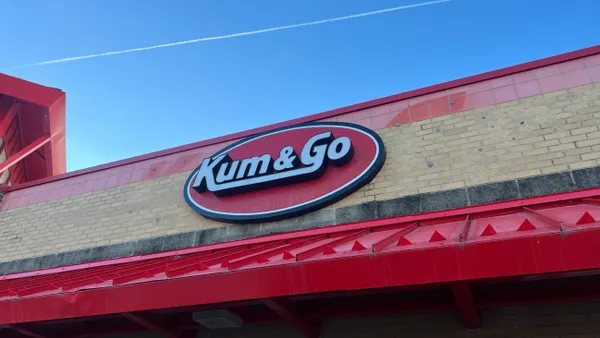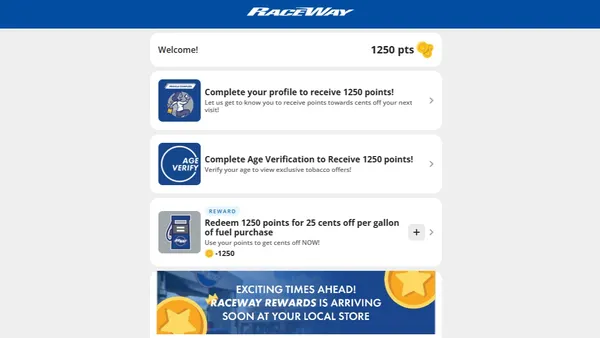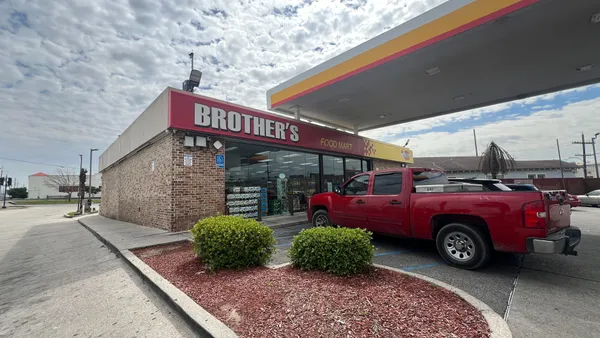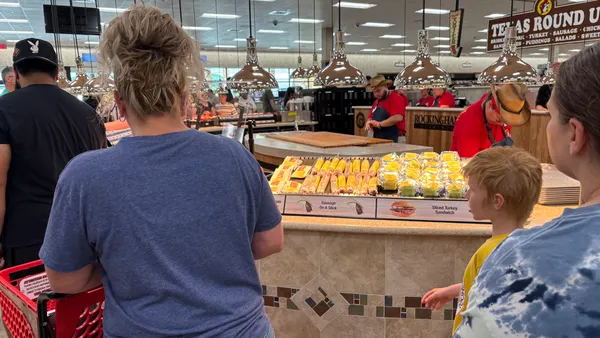Mergers and acquisitions in the convenience store industry in 2024 are proceeding at a healthy clip, according to consultancy Capstone Partners, outpacing M&As in the broader consumer market.
Acquiring brands are eager to bring their new stores into the fold. As the ink dries on a new deal, however, a starting gun sounds on the race to get every license and permit transferred for every site by the time the transaction closes. Things get especially complex when there are 20 or more stores to manage, especially if they’re in places the acquiring brand hasn’t operated before.
Traditional approaches to license and permit transfer, working with an array of law firms to cover all the jurisdictions, can bog down the schedule. All the extra steps and coordination put the business at risk of penalties, delays, and loss of grandfathered status for building requirements.
“The challenge with an acquisition is the speed at which you have to change everything over,” says Drina Miller, Partner and Director of National Licensing for Decisions Consulting. “If you lose your license, it can be a lot harder to get it back.”
Streamlining this process is critical to ensuring license transfer is fast and trouble-free. Convenience store operators need a single-source partner for license transfers with the capabilities to ensure a timely, successful transaction:
-
Real-time visibility, so you always know the status of every part of the process
-
A deep knowledgebase, including a comprehensive database of local laws and officials
-
Flat free services, so there are no budget surprises
-
Complete in-house resources, so nothing will be farmed out for extra fees
-
Broad footprint to cover your current and future acquisitions
Troubles with Transfers
The average c-store location has 10 to 18 licenses, covering everything from alcohol and tobacco sales to operating a fountain to maintaining fuel pumps. Sometimes licenses transfer easily from one owner to the next. But many do not.
For example, one government may require a simple transfer form, while another entails jumping through lots of hoops: providing a copy of the lease, a zoning certification, corporate documents, fire and health inspections, and more. For alcohol sales, you may be asked for the vehicle IDs of all your vehicles — even your jet ski — or to, no joke, identify all your tattoos and scars.
Each type of license may be regulated by a different entity with different jurisdictional lines and their own sets of nuanced rules and processes. These must be followed to the letter, like getting a sales and use tax number before completing state filings, not after.
You might deal with the local professionals. Or it may require working with the politicians. It’s all that variety that makes the process complicated.
Location makes a big difference. For example, “The county may be easy to deal with, but move over two blocks, and all of a sudden you're in the city jurisdiction, and boy, do things change as far as attitude, access to the staff, responsiveness,” says Rob Hosack, Director of Land Use for Decisions Consulting. “That can get really tricky.”
Making mistakes can be particularly painful. For example, if you fail to apply immediately for the alcohol license transfer in a place with a quota on licenses, the license may be pulled by the state and someone else may swoop in and snatch it up. Failing to meet a deadline could mean you’re no longer grandfathered in to old building regulations, and now you have to bring the fire suppression system up to current code.
Smoothing the Way
When the scope of the work outstrips a brand’s internal capacity, many turn to partners for help. Because stores are spread across a big area, this typically requires hiring several separate law firms, plus additional advisors, to cover all the incoming locations. Many law firms only do alcohol licenses.
It usually takes some ramp up time for each firm where, let’s face it, a handful of stores are not a big priority. Managing all those vendors becomes its own headache, requiring lots of phone tag and coordination to make sure they all have accurate and consistent information. That frequently leads to delays.
A growing number of convenience store brands are taking a different approach. They’re working with a single firm that can manage all of their licenses across all the jurisdictions where they’re adding stores. This process that makes license management due diligence faster, easier and more efficient, so acquisitions proceed on schedule.
“Having a single source contact and streamlined communication cuts down on a lot of the lengthy communications back and forth,” says Drina Miller, Partner and Director of National Licensing for Decisions Consulting. “We're all in house 100% so we cut out the middleman. We keep costs down so you can hit your ROI.”
Ensuring that single-source partner has all the key capabilities listed above goes a long way to ensuring the smooth license transfer and a successful transaction. to
Trouble-Free Transfers
In a perfect world, the folks handling license transfer for a convenience store brand would get plenty of notice and have lots of resources at hand to manage every detail of the process. But the necessary secrecy means it usually doesn’t work that way.
With the clock ticking, finding a firm prepared to start completing the entire checklist on day one is essential — as is aligning with a partner fully invested in a successful transfer, Miller says. “We go on the journey with you and take the risk with you. We’re going to get it done.”




